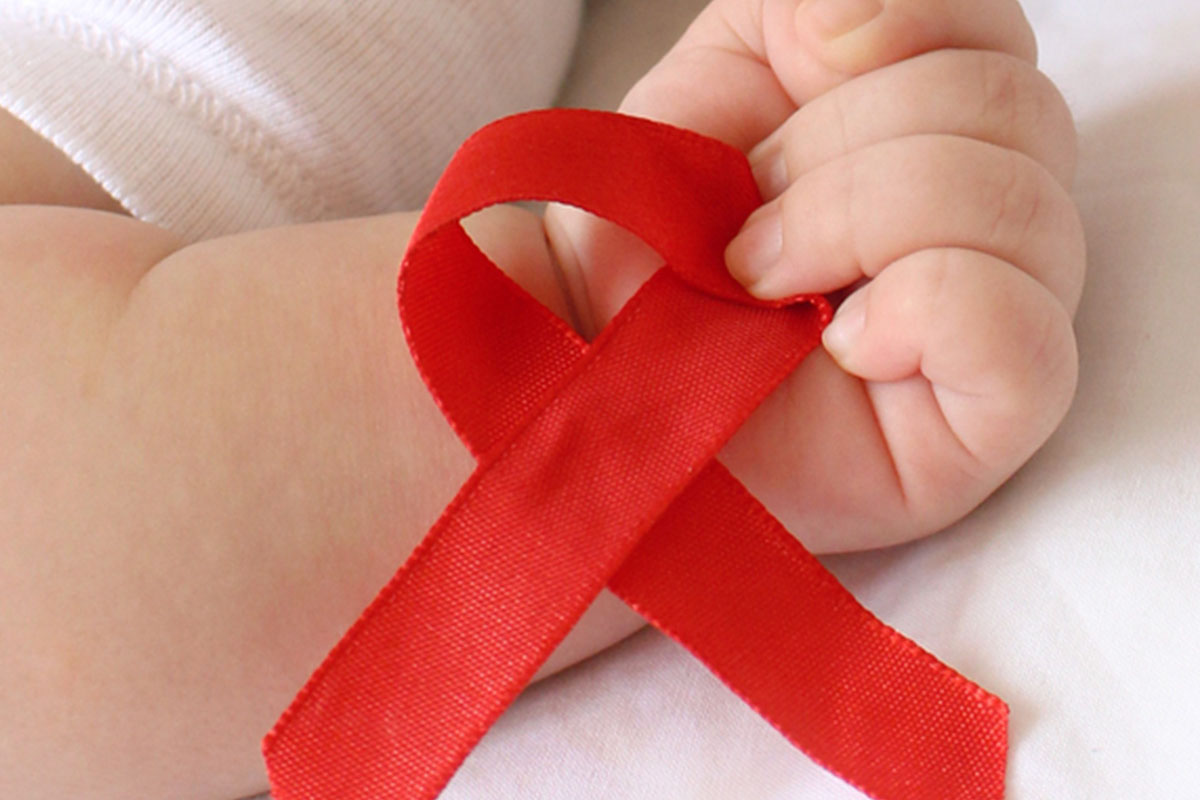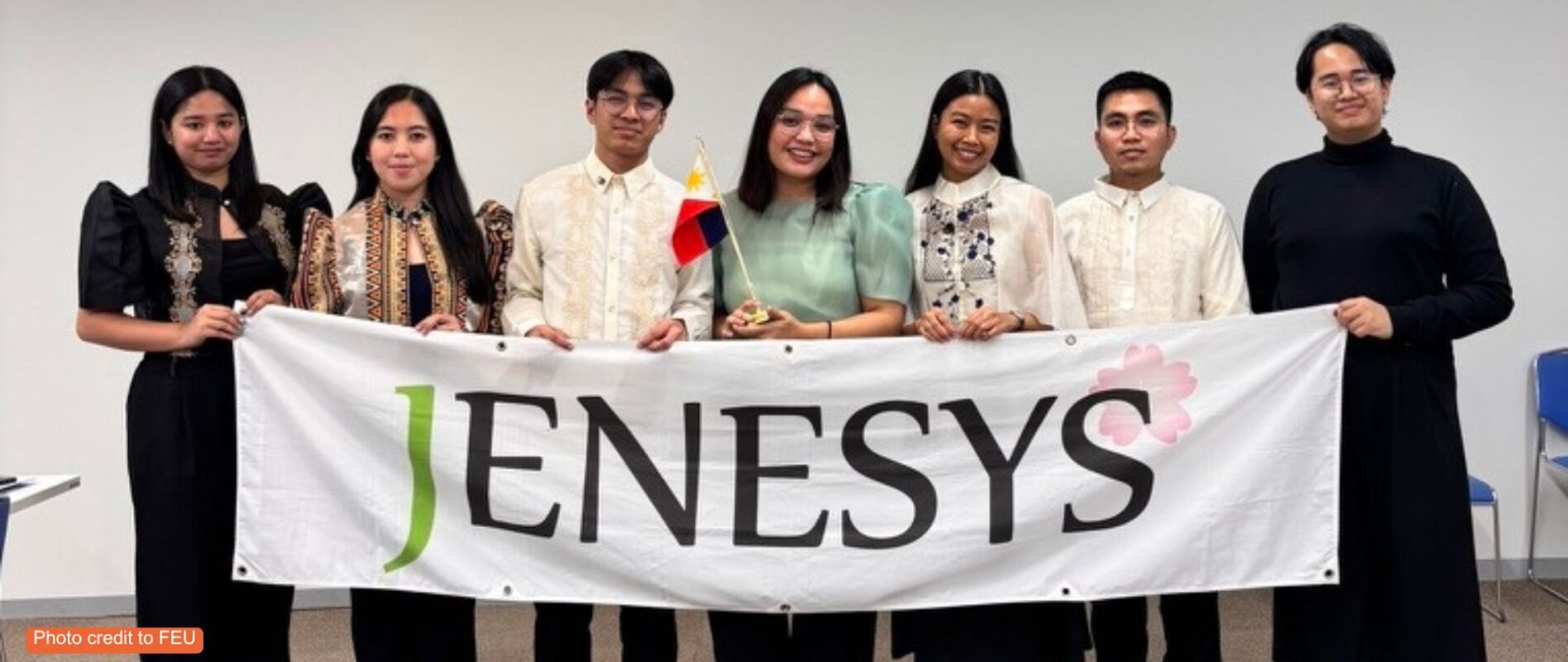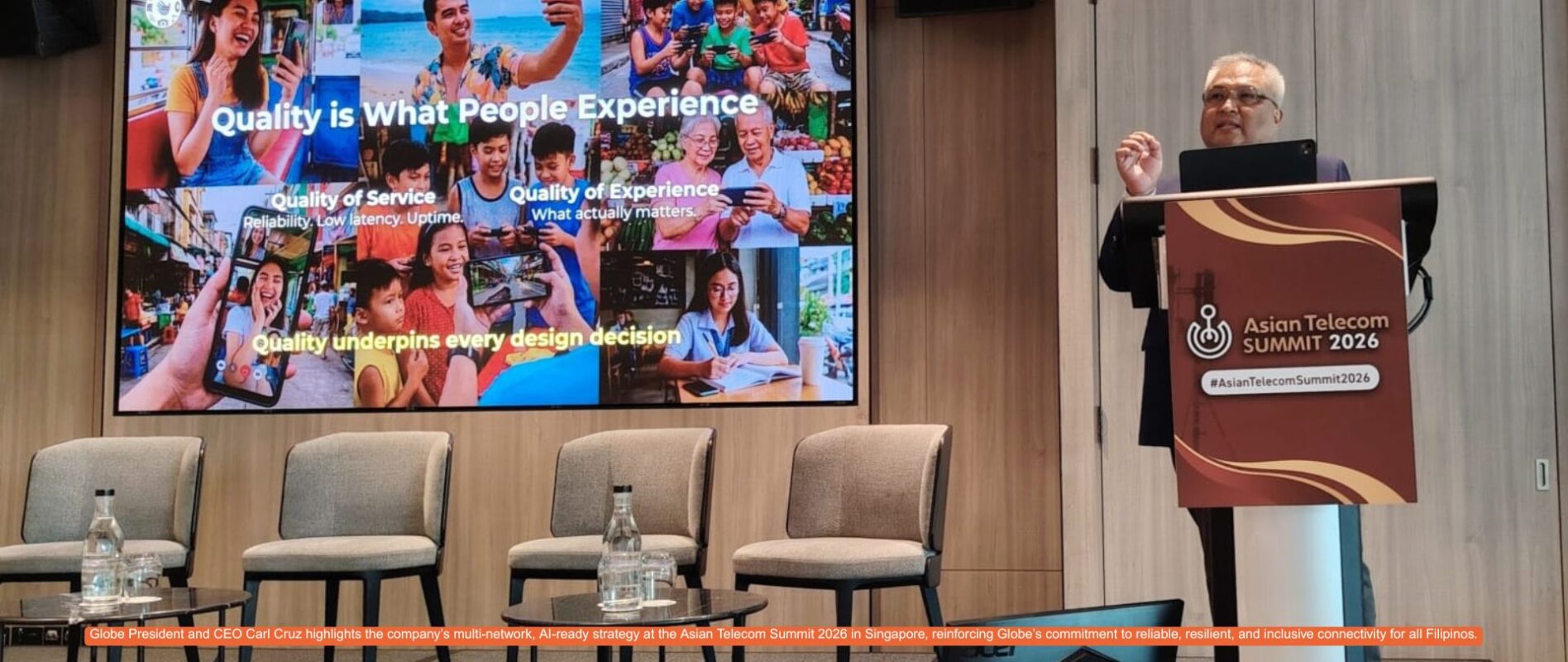1 CHILD EVERY 2 MINUTES GETS INFECTED WITH HIV — UNICEF
ONE CHILD got infected with the human immunodeficiency virus every 2 minutes in 2020, a report of the United Nations’ Children Education Fund said.
Last year, the Unicef said 300,000 child HIV infections were recorded while 120,000 children died from acquired immunodeficiency syndrome-related diseases or one child every five minutes.
Unicef Executive Director Henrietta Fore said that the prolonged Covid19 pandemic made the inequalities in the HIV epidemic more evident.
“The HIV epidemic enters its fifth decade amid a global pandemic that has overloaded health care systems and constrained access to life-saving services. Meanwhile, rising poverty, mental health issues and abuse are increasing children and women’s risk of infection,” Fore said.
“Unless we ramp up efforts to resolve the inequalities driving the HIV epidemic, which are now exacerbated by Covid19, we may see more children infected with HIV and more children losing their fight against AIDS,” she added.
Moreover, the Unicef report stated that 2 in 5 children living with HIV worldwide “do not know their status,” and just over half of children with HIV “are receiving antiretroviral treatment.”
“Some barriers to adequate access to HIV services are longstanding and familiar, including discrimination and gender inequalities,” it said.
“Lockdowns contributed to increased infection rates due to spikes in gender-based violence, limited access to follow-up care, and stockouts of key commodities. Several countries also experienced substantial reductions in health facility deliveries, maternal HIV testing and antiretroviral HIV treatment initiation,” it added.
Fore said it is vital to include resolutions to the HIV epidemic by increased testing and providing treatment to those who are infected.
“Building back better in a post-pandemic world must include HIV responses that are evidence-based, people-centred, resilient, sustainable and, above all, equitable,” Fore said. “To close the gaps, these initiatives must be delivered through a reinforced health care system and meaningful engagement of all affected communities, especially the most vulnerable.”














